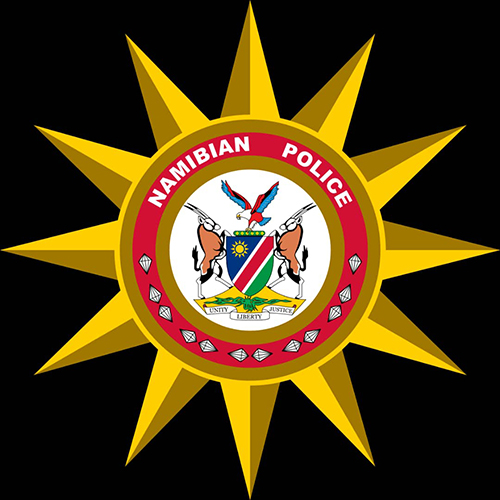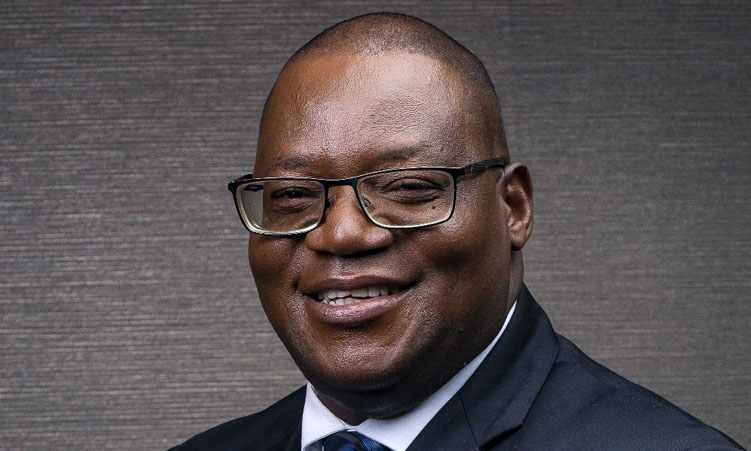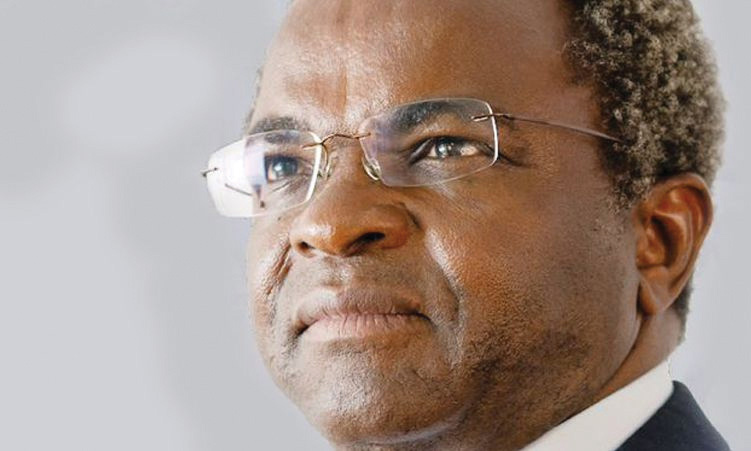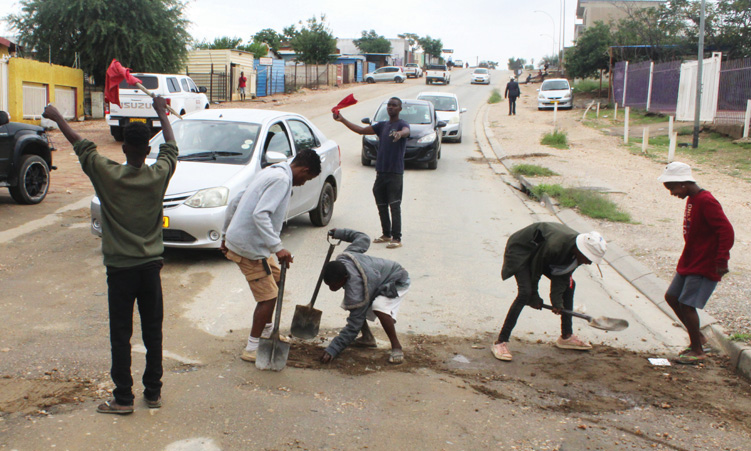AS you leave Divundu along the C48 road towards the Mohembo border post, it’s easy to miss the Rukonga Vision School.
The school, located in Kavango East, has been the best-performing public school in Grade 12 ordinary level for the past eight years.
Moses Gorengecho, the principal and a former lecturer at the Zimbabwe Open University, says the success of the school can be attributed to its commitment and values.
Gorengecho says pupils and teachers are regularly reminded of the school’s values and goals.
“…this means they are convinced that this is important, and that we must work to achieve such goals together,” he says.
He says teachers understand the pupils’ performance is their responsibility, and not only that of the pupil.
“If a pupil does not perform, we ask ourselves what is hindering the pupil’s performance, and how best we can assist him or her,” Gorengecho says.
Additionally, the school believes in teamwork.
“Here you will not see a teacher who is not in class when it’s time for teaching, you won’t find a teacher who does not attend our meetings,” he says.
The principal says the Covid-19 pandemic did not affect the school’s performance last year.
When the first Covid-19 cases were reported in Namibia on 14 March last year, he says the grade 11s and 12s were already almost done with the syllabus for the year.
“We create a school syllabus from the national syllabus . . . so that we are able to cover three quarters of the work in the two-year course within the first year already. In the second year [Grade 12], we only cover one quarter of the content, so by June, the pupils have finished their syllabus and are busy revising and preparing for a mock examination,” Gorengecho says.
“We do this so pupils have adequate time to revise, revisit the topics, and for our teachers to be satisfied that they have given their all.That level of dedication and love for the pupils to achieve lead them to have extra classes voluntarily whenever they find the need for it,” he says.
The school also provides children with one-on-one support, he says.
Last year the school had 100 Grade 11 pupils, of whom 95 qualified to proceed to Grade 12, and 78 Grade 12 pupils, of whom 69 qualified for tertiaty education.
ASSESSMENTS
Gorengecho says the school has introduced a ‘bi-cycle test system’ whereby pupils evaluate themselves, and through which teachers can also evaluate their own effectiveness.
“This serves a very important purpose for management to monitor. The teachers monitor the children, and the children are monitoring themselves,” he says.
Gorengecho says new pupils also undergo an induction programme to learn how the school operates.
“It’s critically important that children do not see teachers as enemies . . . It affects the learning process,” he says.
At the start of each term, the principal says they have a programme through which they familiarise themselves with pupils’ backgrounds and challenges.
“We have one-on-one interviews with the pupils. We ask them about their circumstances, their health and the challenges they face,” Gorengecho says.
The school has 27 teachers and 530 pupils, all of whom are accommodated in the school’s hostel.
Gorengecho says they are all vulnerable or orphaned.
The pupils, who are from all 14 regions of the country, do not pay for boarding or learning, and the school provides them with uniforms, school bags and toiletries, he says.
On Sundays, pupils are allowed to watch movies and hold debates.
What they are not allowed though, is engaging in romantic relationships.
Stay informed with The Namibian – your source for credible journalism. Get in-depth reporting and opinions for
only N$85 a month. Invest in journalism, invest in democracy –
Subscribe Now!










